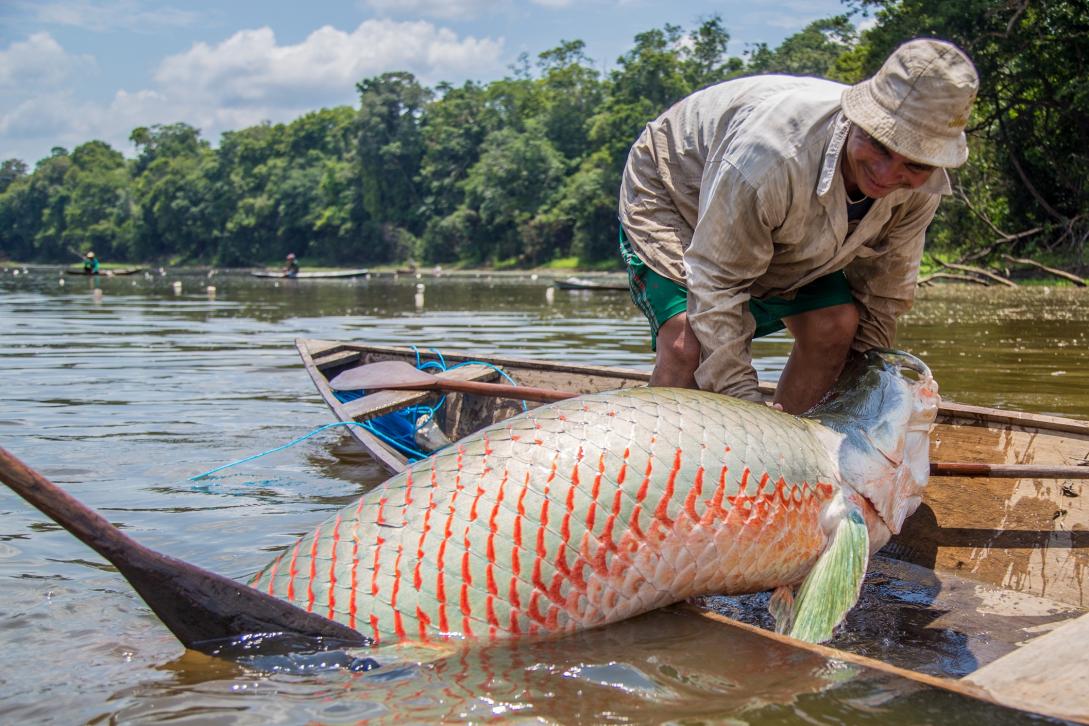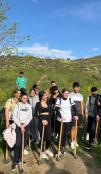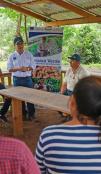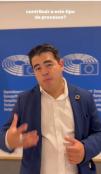Ecuador goes circular: discover the strategy behind

The roadmap for the Circular Economy is being developed on a multisectoral approach, from the public sphere, in charge of sustainable development and the application of related policies, as well as from companies that seek not only economic results, but that are also socially and environmentally responsible.
The European Union has also integrated the Circular Economy as one of the pillars of its foreign and cooperation policy.
Since 2006, the EU in Ecuador has promoted 30 projects related to the protection of the environment with a contribution of more than EUR 17.5 M. The positive working relationship with the Government is evident. True to its environmental commitment, it has signed important international instruments such as the Paris Agreement and promotes public policy processes at the local level that include working groups on solid waste management and dialogues on the implementation of the Action Plan of the National Biodiversity Strategy (2015 - 2030).
Undoubtedly, the last International Circular Economy Seminar (2019), organized and funded by the EU, marked an important milestone in order to achieve this ambitious goal. To this was added technical assistance to the Government through the Switch2Green Facility for the preparation of a White Paper on Circular Economy and several visibility campaigns to raise awareness on the subject. All these political and social advocacy efforts in the same year, provided the perfect introduction for the Government to sign the National Pact for a Circular Economy, with161 signatures.
The document covers 9 strategic areas, more importantly the following:
- industrialization and sustainable use of waste;
- the creation of resilient infrastructure;
- the development of sustainable businesses;
- and the progressive replacements of plastics.
In addition, the Government seeks to work with programs and projects that are framed in the Agreement for Competitiveness, Employment, and Innovation, since its application enhances the adequate management of waste, generating decent employment through the application of inclusive recycling initiatives, prioritizing the prevention of environmental pollution through economic incentives.

Ecuador and the world are in a historic transition to recover from the aftermath caused by the COVID-19 pandemic. In this sense, modernizing production and strengthening economic growth through green, inclusive and sustainable strategies is vital for the well-being of future generations. It is a key moment to understand that the important thing is not to produce more, but to produce better.
Looking ahead to 2021, the European Union will continue to support the country with funding of EUR 2.3 M for the Project to support the Circular Economy in Ecuador with three main areas:
- support for policies,
- support for Circular Economy networks with their respective computer platforms, and
- support for ventures.





